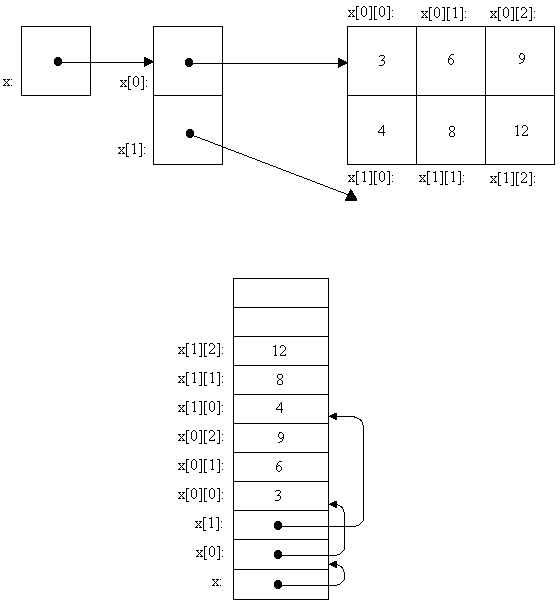zonova
Member
- Joined
- May 8, 2012
- Messages
- 165
Hey everyone, I'm sorry if this isn't the right place to post this question. I'm very interested in programming, looking at some of the emulators people have ported here sort of amazes me, and I would really like to know how they do it. I have taken a course on programming with Java, it covered basic logic and loops and that sort of stuff, and I picked up a book on C and am basically at that point in C as well. I'm very much a beginner programmer, but the thing is, I don't know what to look at next. Like, yay, I can do loops... but, that doesn't make me feel any closer to being able to write games or applications or emulators. I don't even know the first step in making those things. I looked up some stuff and read that, for emulators, knowledge of assembly is also pretty necessary, to at least supplement using C?
I'm assuming that, from my level, trying to write an emulator isn't really a suitable project. However, I guess what I'm really looking for is what the next, "intermediate," step would be for me, in terms of programming. Would you know of any books or tutorials I could look into? Maybe I should look at tutorials on SDL or OpenGL? I'm stuck in this rut of having the basic knowledge of programming and a passion to expand on it, but with no idea where to look.
Thanks guys!
I'm assuming that, from my level, trying to write an emulator isn't really a suitable project. However, I guess what I'm really looking for is what the next, "intermediate," step would be for me, in terms of programming. Would you know of any books or tutorials I could look into? Maybe I should look at tutorials on SDL or OpenGL? I'm stuck in this rut of having the basic knowledge of programming and a passion to expand on it, but with no idea where to look.
Thanks guys!


